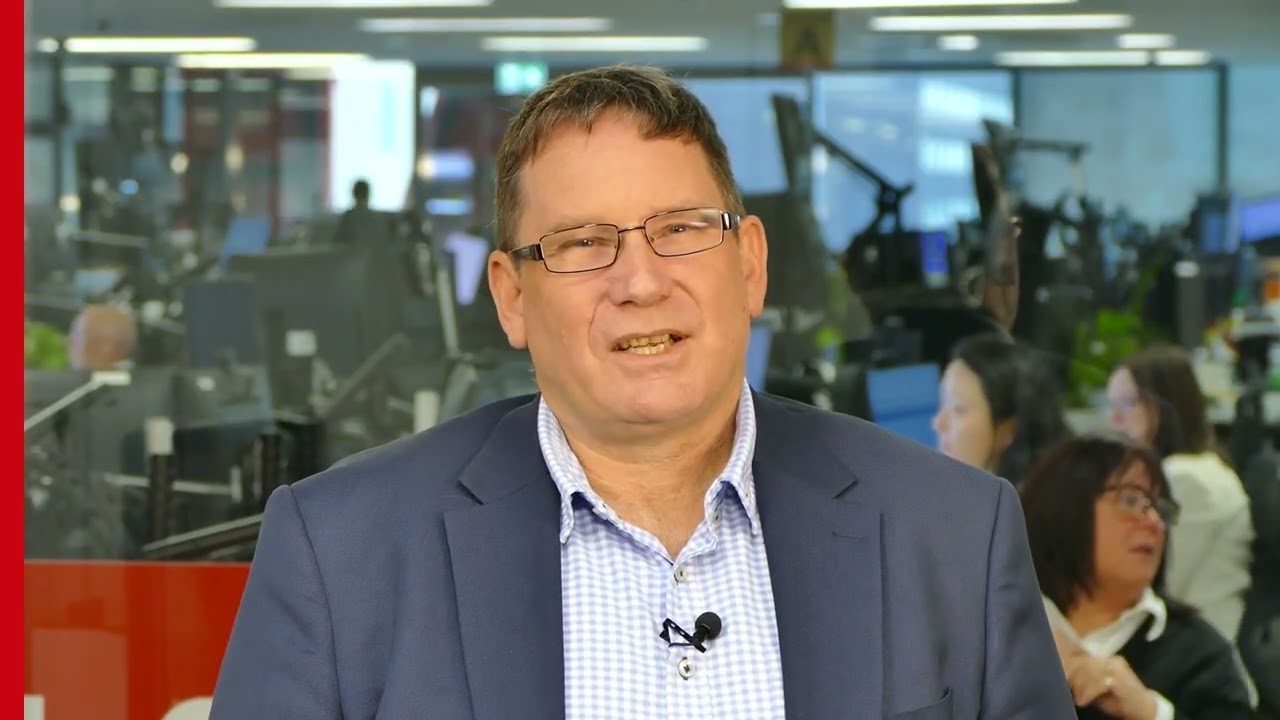Westpac’s chief economist suggests that New Zealand’s next Reserve Bank Governor should consider adjusting the inflation target to 2.5% to more closely reflect the rate that has historically been attainable.
Westpac chief economist Kelly Eckhold said the newly appointed individual could consider several reforms. This could involve implementing publicised formal votes at every meeting, along with information on who cast each vote. Currently, votes only take place when consensus is not reached, which has happened three times.
“On an ongoing basis, most of the time we don’t get votes. We certainly have no clear idea about who on the committee is advocating what types of positions,” Eckhold said.
“That does make it quite hard to work out what is the balance of views around the committee and what sorts of issues are likely to be most important in determining changes and starts.”
“And I think if we had more information on that, it would be easier to predict what they were going to do. And I think being a bit more predictable is desirable.”
Eckhold said the bank could release more information about the monetary policy committee members’ perspectives on the balance of risks related to the Reserve Bank’s forecasts.
Instead of only some meetings ending with a statement, as is currently the case, all meetings could be followed by a press conference. He also suggested reintroducing a meeting in January and adjusting the schedule of the other meetings accordingly.
He noted that it would be sensible to eliminate the lengthy gap between the November and February meetings.
“In between time, we get lots of data; we get GDP (Gross Domestic Product), we get the HYEFU (Half Year Economic and Fiscal Update). You know, sometimes nothing happens and it’s fine, and other times there’s a lot going on.”
He said his most controversial recommendation would probably be for the Reserve Bank to revise its inflation target from the current midpoint of 2% to 2.5%.
“For quite a long period of time now, sort of – we’re talking about 25 years – inflation has averaged at about 2.6%. So what that tells you is that we’ve had a target at 2% for a very long time, going over quite a few cycles now, but we’re really not able to consistently hit 2%.
“And what tends to happen is that sometimes inflation is a little bit below … but when it goes above, it spends a lot more time above and by further above. But it just tells you it’s been quite hard to kind of consistently achieve that.”
He said this change would also align New Zealand with Australia.
“Whilst I don’t think increasing the inflation target will matter that much for how much we grow or how high the unemployment rate is, equally, it’s not going to cost us much either because, ideally, you wouldn’t get any more inflation out of this.”
“My sense is that the bank has been increasingly open to having a different approach to transparency. Certainly the change in the meeting dates seems to be something that’s under active consideration.”
“But you can understand how, until they get a new governor installed, and most of these changes will require the Minister of Finance to be comfortable with changing either the remit or the charter … it’s not really possible to do a lot of these things right now.”
“But I would hope that they would be open to many, if not all, of these suggestions.”












